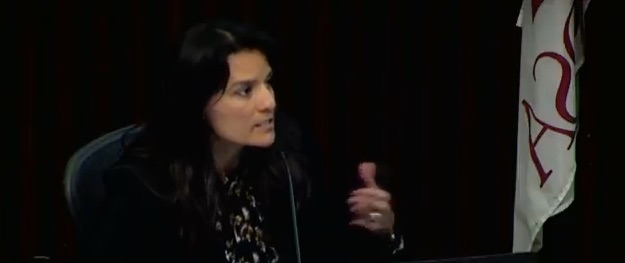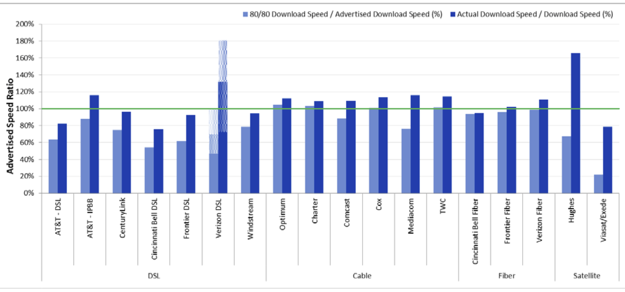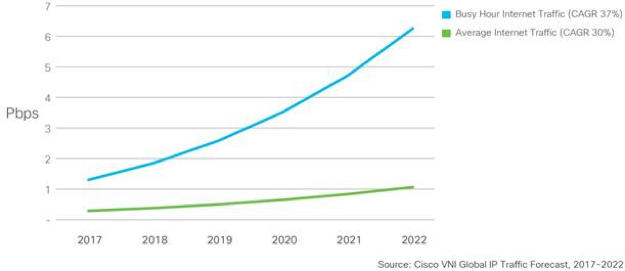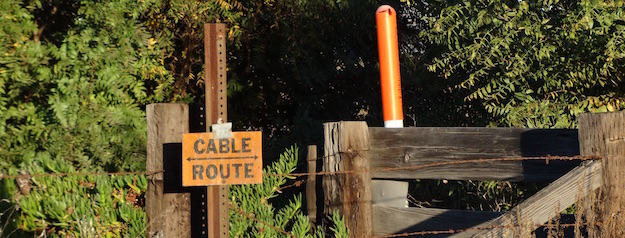CPUC reboots California broadband infrastructure subsidies, as well as can be hoped

California has more than $300 million available to subsidise broadband infrastructure, thanks to a law passed last year by the California legislature. Also thanks to that law, the rules governing who can get the subsidies and where it can be spent were rigged, with the aim of protecting telco and cable monopolies, and funneling money into their pockets.
It was up to the California Public Utilities Commission to rewrite the rules that subsidy applicants have to follow and that govern how broadband subsidy proposals will be evaluated and approved.… More

![By U.S. Navy photo by Mass Communication Specialist 3rd Class Frankie J. Colbry [Public domain], via Wikimedia Commons](https://www.tellusventure.com/images/2018/3/cash_625.jpg)

![By Tokyo_night_view_1.jpg: https://www.flickr.com/people/imuttoo/ derivative work: Bobek [Public domain], via Wikimedia Commons](https://www.tellusventure.com/blog/images/2014/9/godzilla_625.jpg)

![Vidor at English Wikipedia [Public domain], via Wikimedia Commons](https://www.tellusventure.com/images/2018/12/folsom_prison.jpg)


![Hydrogen Iodide at the English language Wikipedia [GFDL (https://www.gnu.org/copyleft/fdl.html) or CC-BY-SA-3.0 (https://creativecommons.org/licenses/by-sa/3.0/)], via Wikimedia Commons](https://www.tellusventure.com/images/2017/11/sce_transmission.jpg)
